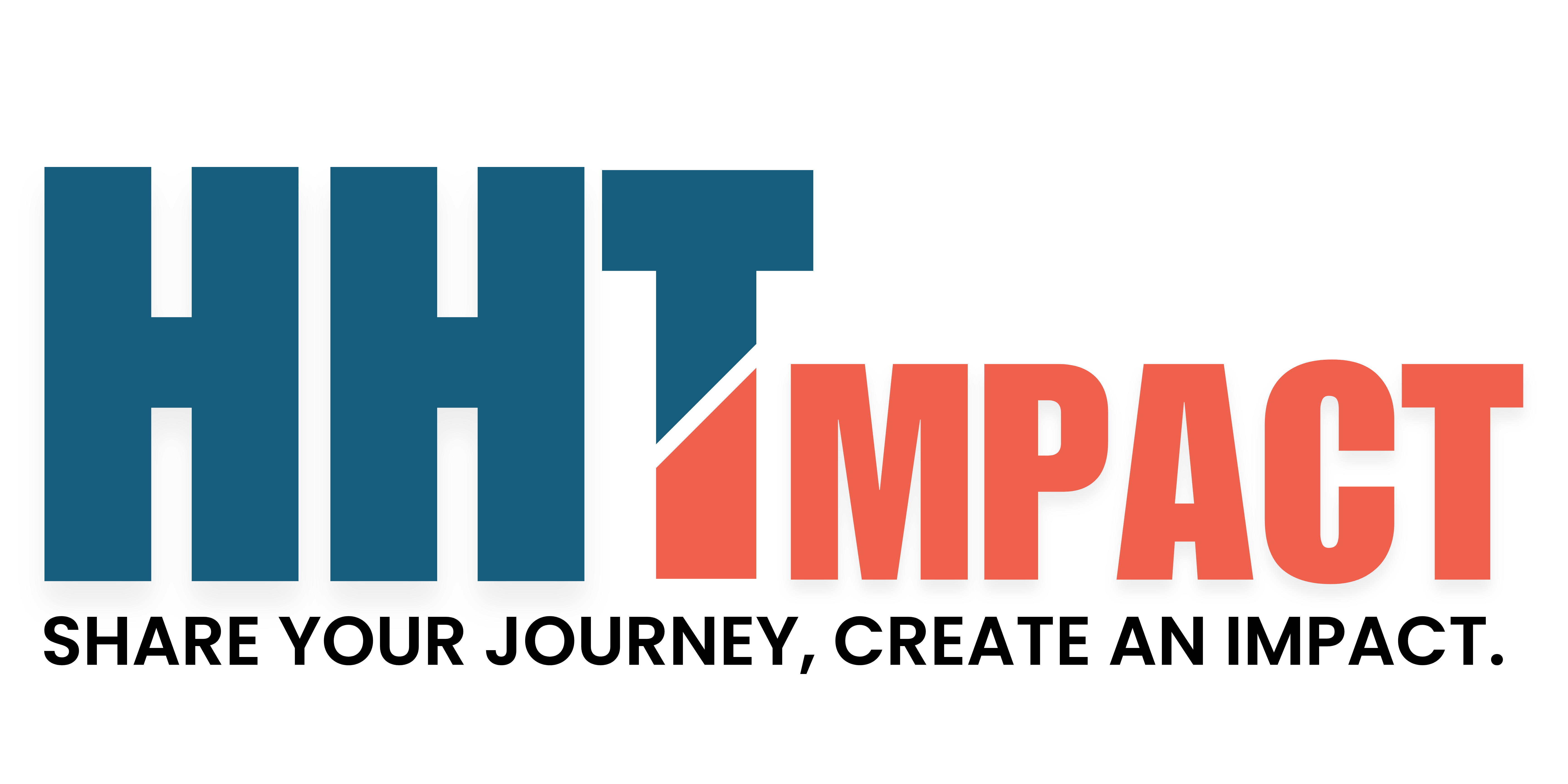You are the key to advancing HHT research.
Researchers are working every day to better understand HHT and develop new ways to diagnose, manage, and treat it. But they can’t do it without you.
Whether it’s joining a clinical trial, responding to a survey, or sharing your experiences, your participation helps unlock answers that only people living with HHT can provide. No matter how big or small the action, it brings us one step closer to breakthroughs.
Explore ways to get involved in HHT research—and help shape the future of care.
Get Involved in HHT Research: Current Studies You Can Join Today

The Cure HHT Biobank is collecting tissue, blood, and other biological samples to support research into HHT. By donating, you can help advance discoveries and drive the development of new treatments.
To learn more, contact us at [email protected]
HHT Clinical Trials: www.clinicaltrials.gov
You can check ongoing HHT clinical trials through the website. You must spell out Hereditary Hemorrhagic Telangiectasia in the search box. This website will not acknowledge the abbreviation HHT.
Past Research Studies
Research FAQs
In general, basic scientists work with cells and animal models to learn about the mechanisms that cause a particular disease to behave the way it does – such as how AVMs form in HHT. Based on these mechanisms, we propose drugs that might block these mechanisms to stop or reverse the disease. With the approval of the Food and Drug Administration (FDA, in the USA), a research study is designed in which people with that disease will receive a drug under close supervision to monitor for benefits and side effects.
In some research studies a placebo may be included. A placebo is a phony drug (e.g. a sugar pill that looks just like the real pill) that you might take during the research study and neither you nor your doctor would know if you were getting the real pill or the phony pill. By comparing the results from patients taking placebo to the results from patients taking real drug, we can figure out which benefits and side effects are due to the drug and which are due to the natural history of the disease.
If you don’t get better in a research study it could be because the research drug is not effective for you or because you are on placebo. If you get worse during the study, your research doctor may take you out of the study and prescribe a different treatment for you. All research studies are set up so that you can leave the study at any time for any reason, and still have access to all of the approved treatments that you would have had prior to enrolling in the study. Concerning side effects, almost all drugs have them. Most drugs have undergone extensive testing in animals and healthy persons to understand the profile of side effects. A research study is designed to minimize the risk of side effects and monitor for their occurrence. If side effects do occur, they can usually be managed with standard medical care.
You can still help! Research is expensive to do the correct way and much of the HHT research so far has been funded by Cure HHT. Click on DONATE and either make a general contribution to research or to a specific research area that may be close to your heart because of an affected friend or family member – say someone with severe nosebleeds or brain AVM.




